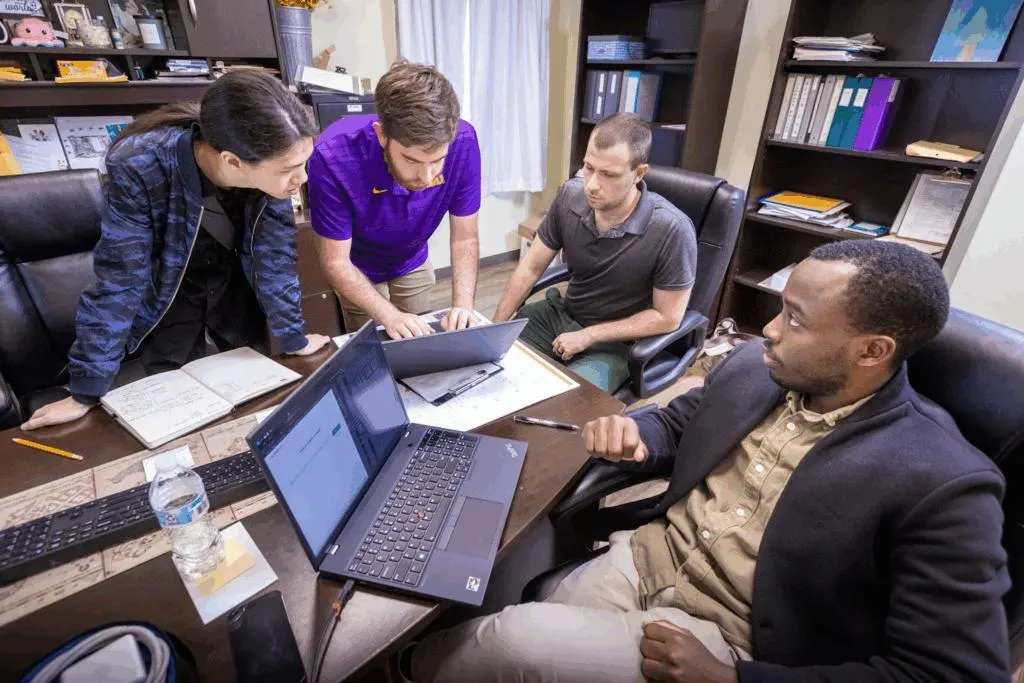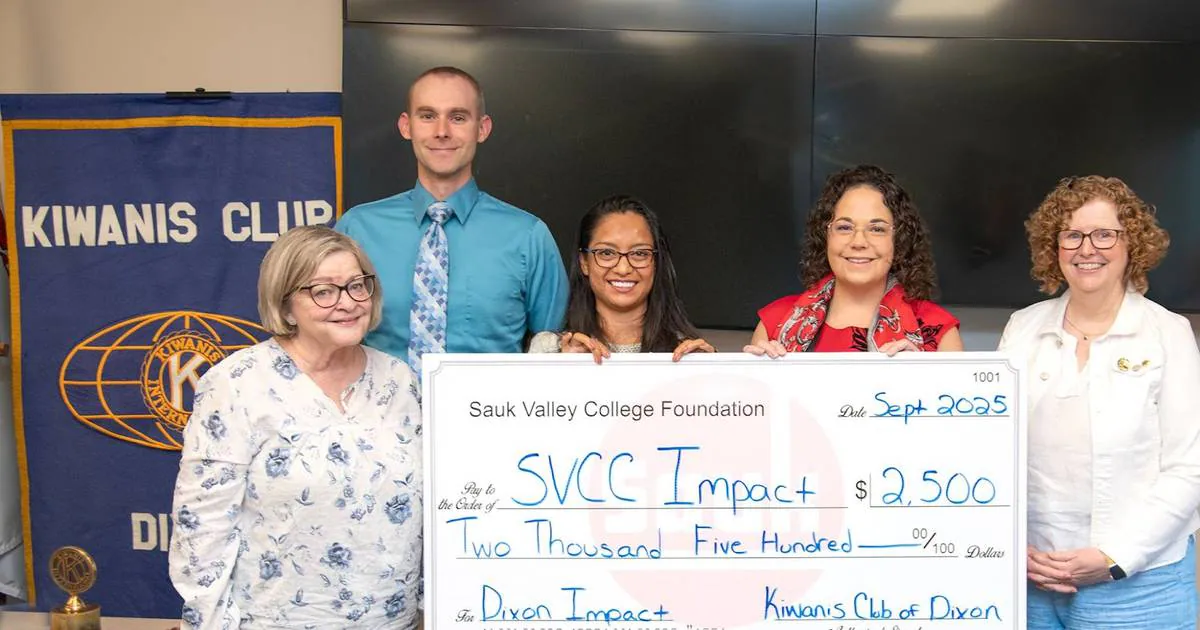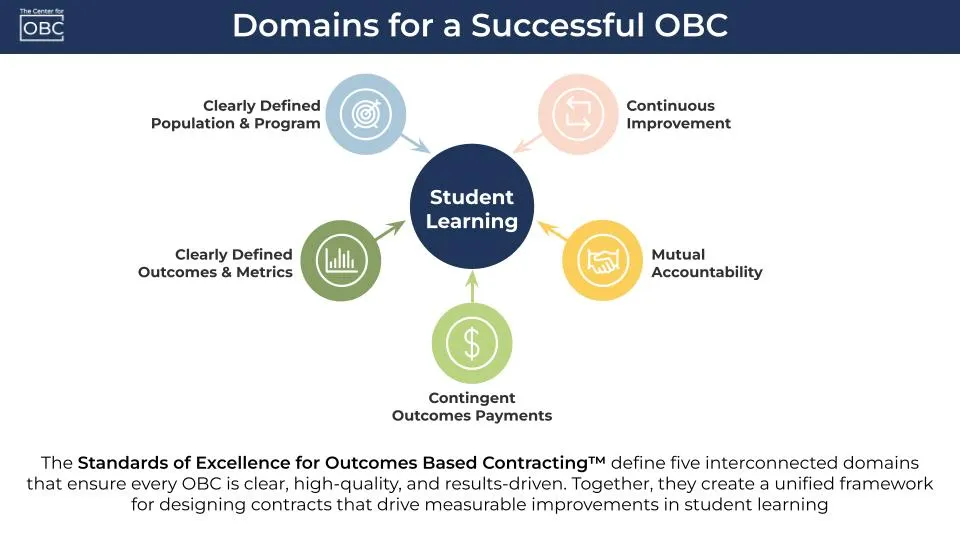Copyright Forbes

Cybersecurity is a concern that affects all of us, from school districts and colleges to nonprofit organizations and large corporations. Fortunately, there is an increased interest among students in cybersecurity careers. For example, the Consortium of Cyber Clinics, led by UC Berkeley’s Center for Long-Term Cybersecurity and funded by Google.org, has grown from 15 to 56 clinics in just one year. As Matthew Nagamine, the Consortium’s Membership Director, stated, “The dramatic growth of the cybersecurity clinic movement reflects both urgent demand and growing momentum. Cyber threats continue to grow against community organizations that lack access to the support needed to build cybersecurity capacity. At the same time, more colleges and universities see the value in providing cybersecurity training and real-world experience for students, preparing them for careers in the field.” Google’s support helped spark something bigger than funding. Nagamine shared, “Google’s $25 million commitment in funding to help launch and expand clinics across the U.S., not only gave schools the runway to build cyber programs that had previously been aspirational, but also signaled to institutions that our model was scalable, fundable, and aligned with their public-service and workforce missions.” At their core, these clinics are powerful, with students learning through service. They help real organizations facing real threats. Nagamine explained, “Clinics serve community organizations that deliver vital public services to the public, but are often the least prepared to protect themselves from cyberattacks – including nonprofits, hospitals, schools, local utilities, city governments, and small businesses. The impact we hope to make is meeting two critical needs at once: helping at-risk organizations become more resilient to cyber threats and preparing students for careers in cybersecurity, where the workforce urgently needs more professionals with hands-on experience and applied technical and professional skills.” The clinics move beyond discussing cybersecurity in theory; they experience it in practice. According to Nagamine, “In 2023, the cybersecurity clinic at Indiana University partnered with the City of Bloomington’s fire department and IT department to strengthen the city’s critical infrastructure and emergency services.” With a short-staffed fire department, the loss of digital systems would have forced crews to rely solely on radio traffic. Students built a business continuity plan and reinforced security protections. Nagamine stated, “By adding layers of security and developing strategies to mitigate service disruptions, the team helped ensure the department could continue operating in the event of a cyberattack – safeguarding this community’s lifeline.” In San Diego, five students helped a municipal water district that serves 11,000 customers. They assessed vulnerabilities, ran phishing simulations, and built incident response plans. Nagamine, shared, “Without the pro bono assistance of a trusted community partner, it’s unlikely the district would have had the capacity to build these tools.” In both of these cases, the students’ work wasn’t theoretical; it was essential to the safety of those in the community. MORE FOR YOU The students participating in the cyberclinics view the experience as more than just a resume addition; it’s a turning point in their careers. As Carla Belfiore, a teaching assistant in Old Dominion University’s clinic, conveyed, “What really motivated me to get involved with the clinic was the personal drive to prove to myself that with hard work, anything can be achieved. I saw the clinic as an unrepeatable opportunity that would allow me to grow personally and professionally and learn from experienced professionals in the field of cybersecurity. From the start, I knew that I had to make the most out of this experience." She added, "My goal was to absorb as much knowledge as I could and strengthen my confidence in my cybersecurity skills and personal capabilities. Additionally, what motivated me even more was being selected from an extensive list of students. In fact, to be part of the program, students, after applying, go through a rigorous, selective process. Thus, being selected amongst other applicants made me feel extremely lucky and privileged. I knew I couldn’t let such an opportunity go to waste.” Students describe surprise and growth in terms of the confidence they earned through their work with clients. Rachel Romero from San Diego State University shared, “I went from being anxious to talk to clients to having multiple weekly meetings. There were many new tools that I had to learn within a short period of time. I was surprised at how I was able to quickly start using them to help out the clients. Having the help of all of the mentors and amazing teammates definitely helped me to build confidence. We all helped to set each other up for success. I grew to know that I could contribute positively to any project that I was a part of.” For Avi Martin, a graduate student focusing on Homeland Security at San Diego State University, the work made cybersecurity feel more urgent and human. She stated, “Through helping smaller and under-resourced organizations improve their security, I’ve realized that I want to focus my career on using cybersecurity to serve the public good and strengthen community resilience.” The Consortium is thinking beyond this moment. Nagamine shared, “While initial seed funding is critical, our hope is that over time, clinics become integrated into the fabric of their institutions and that the model becomes a normal and expected component of higher education.” In supporting the partnership, Google.org sees a responsibility. Maab Ibrahim, Head of Economic Opportunity for the Americas at Google.org, stated, “Security for our users is core to everything we do at Google. We’ve always built our products to keep people safe online, and we’re committed to investing in state-of-the-art security technology, defending the open internet, and collaborating with industry partners to keep users safe globally. But it’s not enough that tech companies are building cybersecurity into their products – we also need it to be built into our schools, hospitals, and utilities. Our collaboration with the Consortium for Cybersecurity Clinic helps expand our efforts in local communities.” The expansion of cybersecurity clinics demonstrates what happens when education is focused on public purpose, offering students the opportunity to build expertise while also providing a valuable service to the nation.



